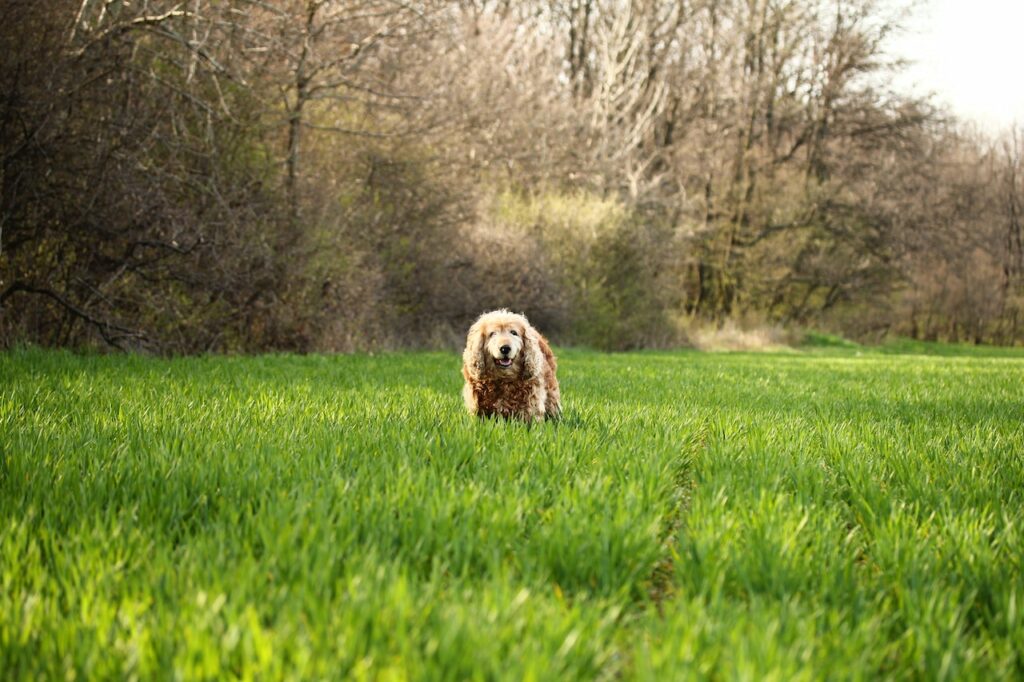Is Coconut a Safe Snack For Your Dog? Everything You Need to Know
Are you wondering if giving your pup a bit of coconut as a snack is safe? Or maybe you’re looking for an alternative to traditional dog treats. Whatever the case, this article can help. Here, we’ll discuss the potential benefits and risks of feeding coconut to canines and examine any possible health hazards that may come from it. We’ll also provide tips on ensuring your dog gets proper nutrition from coconut if it can be safely consumed. So, read on to learn more about whether dogs can eat coconut!
What are the Benefits of Coconut for Dogs?
Coconut contains healthy saturated fats that can benefit your pup’s coat or skin. The lauric acid found in coconut is also known to help maintain healthy skin and fur. It can also be helpful when it comes to digestion issues due to its high fiber content and ability to restore electrolytes to your dog’s body. Additionally, some believe that coconut could have anti-inflammatory effects on dogs due to the presence of phytonutrients like phenolic acids and flavonoids.
What Kinds of Coconut Can Dogs Eat?
If you decide that it’s okay for your pooch to enjoy some coconut treats, you should keep a few things in mind. First off, be sure that any coconut products given to your pet are unsweetened—avoid giving them candy-coated or chocolate coconuts since these contain added sugars which can be unhealthy for dogs. Additionally, be sure not to give them too much at once; coconut should only ever constitute a small portion of their diet since it contains high amounts of fat, which could lead to an upset stomach if consumed in large amounts.
Types of Coconut Products That Are Safe For Dogs:
- Unsweetened shredded coconut flakes
- Unsweetened desiccated (dried) coconut flakes
- Unsweetened frozen or canned coconut milk
Types of Coconut Products That Should Be Avoided:
- Sweetened shredded coconut flakes
- Sweetened desiccated (dried) coconut flakes
- Sweetened frozen or canned coconut milk
- Coconuts with chocolate or sugary coatings
How Much Is Coconut Too Much?
When feeding your dog treats containing coconut products or plain fresh coconuts—it’s essential not to feed them too much at once since it is high in fat, which could lead to an upset stomach if consumed in large amounts. A good rule of thumb is no more than 10% of your pup’s daily calories come from treats containing coconuts—this works out to about one teaspoon per ten pounds of body weight for shredded coconuts per day (for example, a 20-pound dog would get two teaspoons each day). It’s always best practice to consult your veterinarian before introducing any new food items into your dog’s diet.
Are There Any Precautions I Should Be Aware Of When Feeding My Dog Coconut?
Yes! As mentioned above, when introducing any new food item into your pet’s diet—including those derived from coconuts like pulp or oil—it’s always best practice to consult with a veterinarian first before doing so as they will know what amount is appropriate for your particular pup based on their size and age as well as any existing health conditions they may have such as diabetes or obesity. Additionally, if you want to feed them fresh coconuts, make sure that you open them safely using proper tools—never try opening these by smashing them on concrete, as shards from the shell can cause injury both externally and internally depending on how hard they hit their bodies while consuming pieces from the shell itself! Finally, avoid giving them candy-coated or chocolate coconuts since these contain added sugars which can be unhealthy for dogs.
Conclusion
Taking all of this information into account – can dogs eat coconut? Absolutely! However, there are still a few precautions you should take before feeding them any type of product containing this tropical treat, including consulting with a veterinarian first before introducing anything new into their diet, being mindful not to feed them too much at one time; only feeding them unsweetened versions; avoiding candy-coated or chocolate varieties; and opening fresh coconuts safely using proper tools in order prevent injury from shards from the shell before consumption.
To ensure full protection for your pet, look into a comprehensive pet insurance policy from furrr.co.uk. With their range of plans, you can rest assured that your four-legged friend is getting the best coverage, should they ever need it. Don’t take any risks when it comes to your furry family member; ensure you get them insured with furrr.co.uk today!










